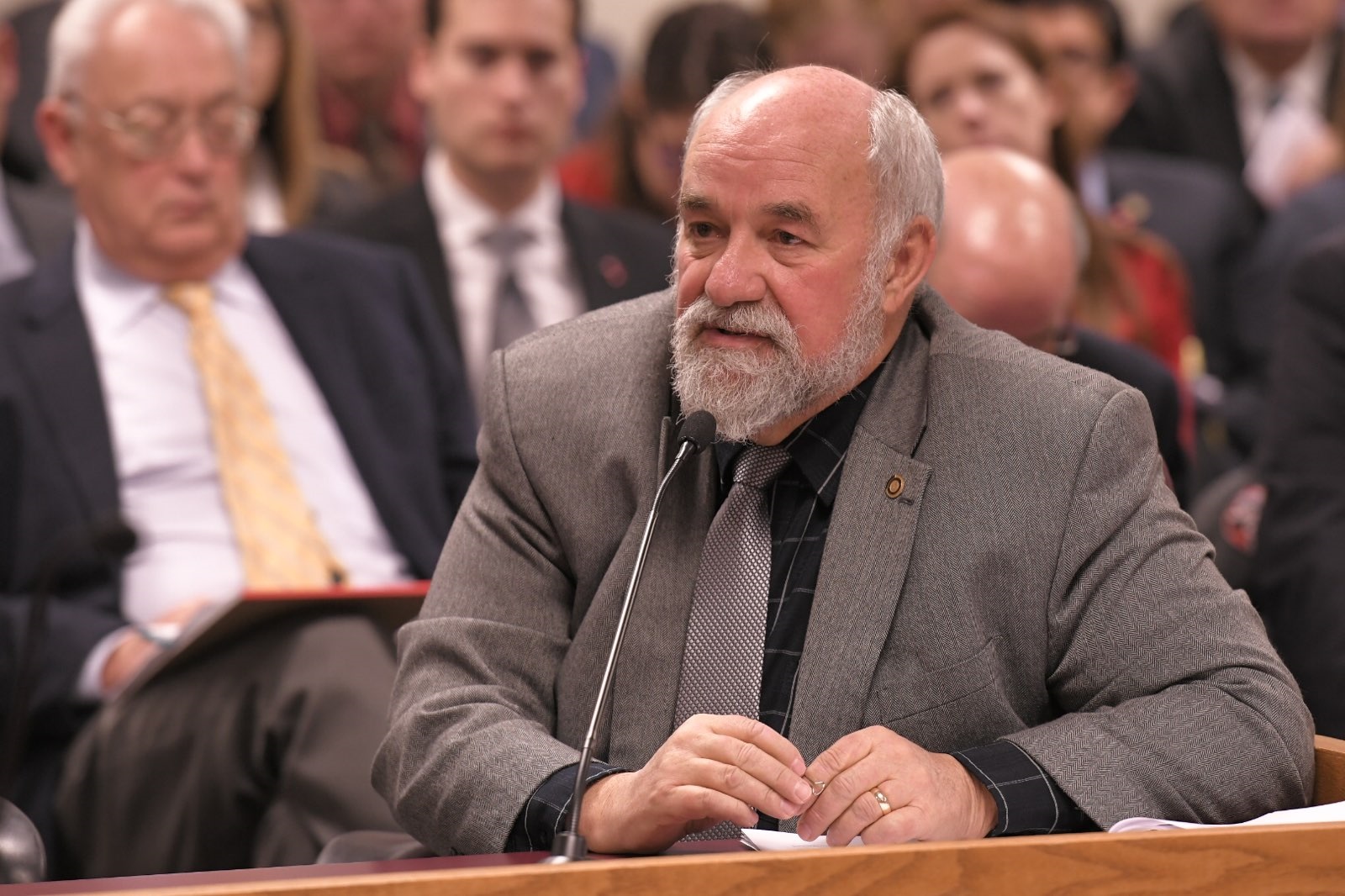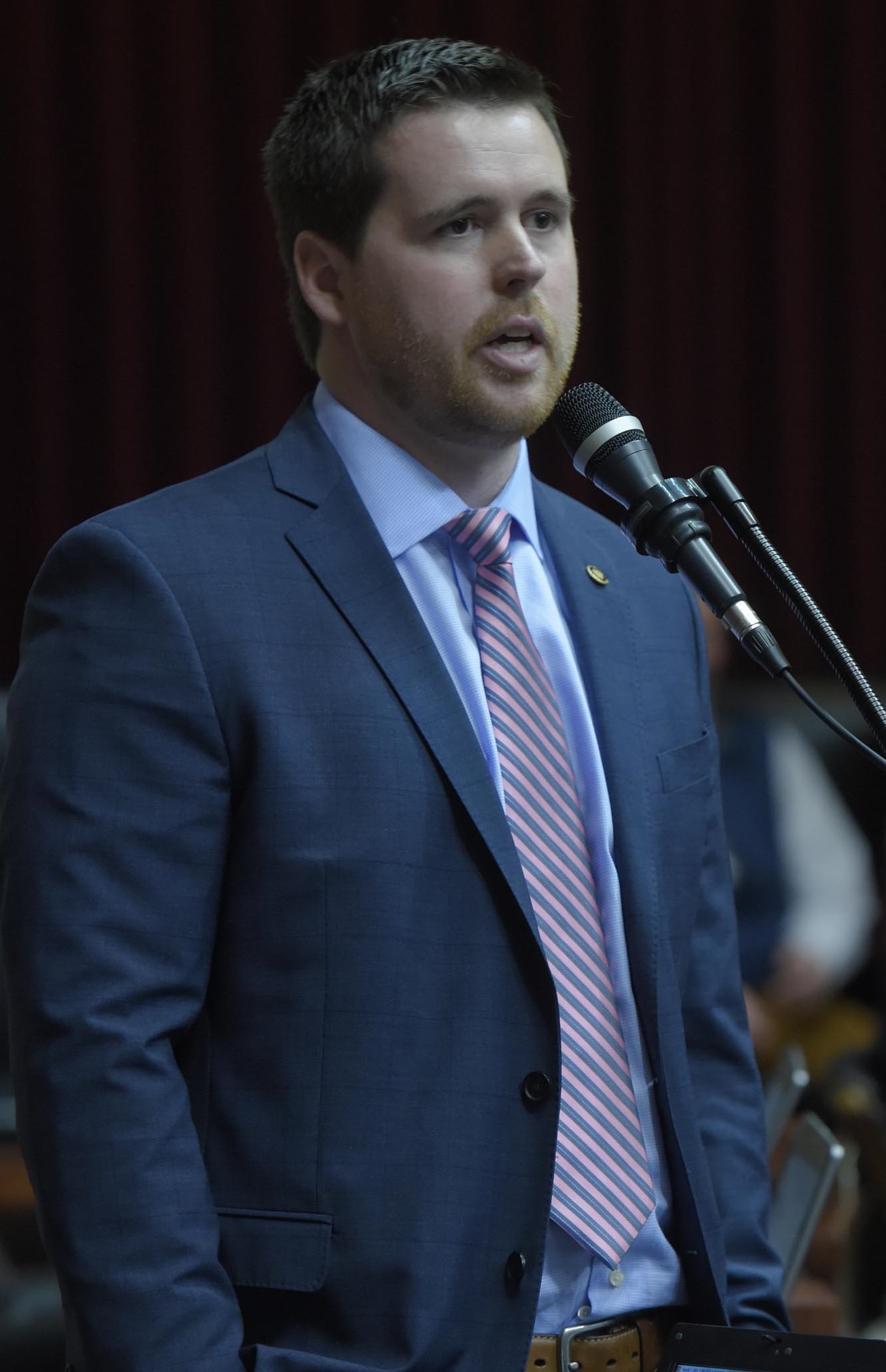The Missouri House has voted to enact a number of ethics reforms for local officials, but support for the bill was tempered by an amendment that creates exemptions to the state’s open records, or “Sunshine,” law.

House Bill 445 extends to local officials the ethics policies that state lawmakers and statewide officials are now subject to. It would bar lobbyists from making expenditures for local government officials, superintendents, or members of school boards or charter school governing boards. Such expenditures could also not be made for those officials’ staffs or specific members of their families.
The bill would also keep elected or appointed local officials from becoming lobbyists for two years after leaving office. It would limit to $5 per day the amount a gift to such officials can cost, and cap at $2000 any campaign contributions for municipal, political subdivision, and special district office races.
Bill sponsor Shamed Dogan (R-Ballwin) has proposed that language for several years, based on how he saw local officials being lobbied while he was a city councilman in Ballwin.
A previous year’s version of Dogan’s bill received 149 votes when the House sent it to the Senate. This year’s version passed out of the House on Thursday, 103-47. Democrats said the lessening of support was due to an amendment to Dogan’s bill that they say “guts” Missouri’s open records law that has been in place since 1973.
“I appreciate [Representative Dogan] and his quest to make Missouri a better place and also improve the perception that people have and the confidence that folks have in their elected officials,” said Kansas City Democrat Jon Carpenter.
The amendment, offered by Representative Nick Schroer (R-O’Fallon), would add to exemptions from the Sunshine law any personal cell phone numbers, social security numbers or home addresses; records of constituent case files including any correspondence between an elected official and a constituent; and any document or record “received or prepared by or on behalf of” an elected or appointed official “consisting of advice, opinions, and recommendations in connection with the deliberative decision-making process of said body.”
“I took a massive interest in trying to protect the integrity of our positions,” said Schroer.
Schroer discussed with Representative Steve Helms (R-Springfield) incidents in the news that he said are the types of things he wants to prevent.

“The Huffington Post ruined an entire family for one person’s tweets, doxing them,” said Schroer.
“Correct,” said Schroer. “They accessed personal information just like I am trying to protect here.”
Democrats were largely unmoved by the concerns Schroer cited.
“I believe [Representative Schroer] protests way too much,” said Representative Deb Lavender (D-Kirkwood). “I don’t think the statute we have currently in place allows half of what he’s just told us is sunshineable … I don’t hand out people’s social security numbers. I won’t give addresses. I’m covered in the law that we have today.”
Dogan said he felt the provisions offered by Schroer regarding constituent information were necessary.
“I am concerned about people’s e-mail addresses, phone numbers, other personal information being a part of the public disclosure and us not being able to redact that information really is concerning,” said Dogan. “With that said I’m not sure about the portion that has been the most controversial where it’s talking about all communications. I think that might have been an unintentional kind of overreach, so I’m a little bit concerned about that section and I would be willing to work on toning that language down somewhat.”
Several Republicans voted against HB 445. Dogan said most or all of those were likely opposed to campaign finance limits, which many Republicans believe limit free speech.
Today’s vote sends the legislation to the Senate, where several lawmakers in both parties said they expect it will undergo further revisions.


